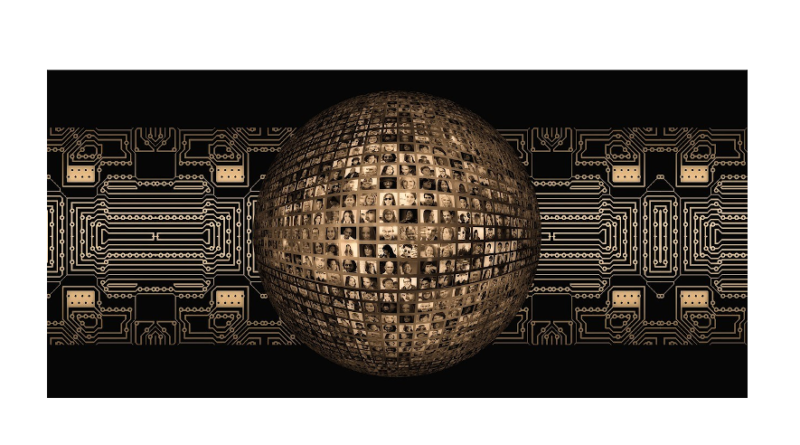My name is Andrew and I have a “Space Junk” problem.
No, I’m not an astronaut and I don’t work for NASA or for any other space agency for that matter – the problem I’m referring to is the burgeoning pile of electronic junk that is taking up space in my garden shed, my garage and pretty much every available corner of my home office!
It’s an occupational hazard for me. As an avid early adopter, I am a compulsive gadget buyer whose eyes light up while strolling the halls of consumer electronics and technology shows. My mind races with the opportunities and applications of the new or updated technology, which I invariably end up buying to try out for myself.
The relentless change in the technology industry means I end up buying the latest versions of the things I already have, because the new ones offer “just one more thing” that the old one didn’t have ……. (is this resonating with any of you?) and herein lies the problem – what to do with the old tech?
I’ve tried giving it away but since some of it was so far advanced at the time, the technology didn’t conform to what subsequently became a common standard. For example, I have three different sets of “connected lighting” systems – each one used a proprietary protocol and a dedicated hub – which have now all been replaced by a single system that fully integrates with both my Google Home and Amazon Alexa devices – neither of which had been invented when the previous lighting systems had been released! When I offered the old systems to friends, the first thing they asked was “can I use it with Google or Amazon?” and when I said “no”, they declined the offer – as could be expected. I’ve also tried donating redundant tech to various charities for reuse or redeployment in less developed countries or communities in need but oftentimes their requirements are so specific (or my tech so esoteric) that little ever leaves my possession.
I have numerous cable set top boxes, a couple of media streaming devices, a dedicated media PC, a couple of media streaming cards for desktop computers, a few old laptops, four high speed network switches and a couple of desktops including a full blown central media server with five terabytes of storage to pump media content around the house, all of which have been replaced by a handful of Amazon Fire TV sticks with Prime, Netflix and Spotify subscriptions.
And don’t get me started on the FIVE CRATES of cables that are gathering dust in a dark corner of the garage ……..
According to an article by the World Economic Forum earlier this year, 50 million tonnes of e-waste (electronic waste) are discarded globally each year and if left unchecked this could grow to 120 million tonnes by 2050. To put the number in perspective, the WEF article states that 50 million tonnes equates to an area the size of Manhattan – EVERY YEAR!!!
The same article goes on to highlight the huge economic opportunity associated with value of the raw materials contained within this waste and the need for a circular approach to addressing the problem – something I am in violent agreement with and something that we as responsible consumers can influence in our buying habits.
I have recently begun to question retailers and manufacturers on their end-of-life / disposal policy BEFORE making a purchase decision and I’m happy to see an increasing number of manufacturers beginning to include their policies on their websites. But at the big tech expos like CES, CEDIA and their ilk, I’m frowned upon by the staff on the stands when I pose the same question – either they have no idea or it’s simply not something on their company’s radar!
Of course this doesn’t just apply to the consumer electronics industry (although e-waste is one of the biggest contributors to landfill at present). In October I’ll be hosting a panel session on how Technology is being used to drive Sustainability in Retail at the Tech-Festival in London where my panel members will be sharing positive circular economy use cases across a variety of industries and we will be exploring questions like
“who SHOULD be responsible for ensuring the ethical and sustainable disposal of end-of-life goods?”
Looking over my pile of “Space Junk” and as per the quotation below, I feel we should all be jointly responsible – but I also believe that the manufacturers could be playing a bigger role than they do today.
What do you think?

The above quote and image comes from Andrew’s latest book “The Art of Inspiring Innovation and Transformation” which you can find out more about here.


